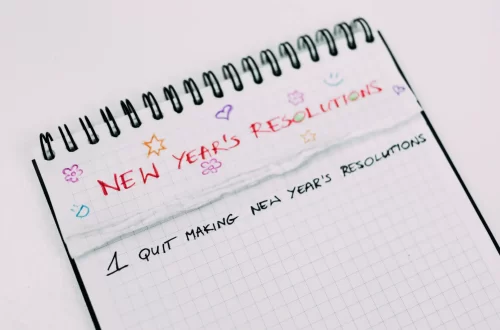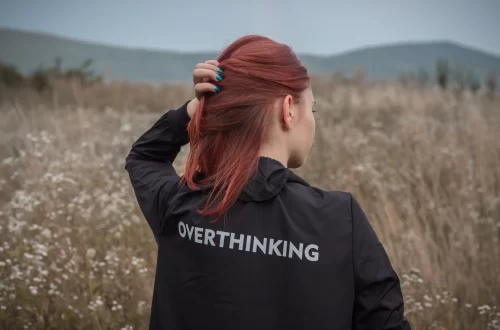Day 3: Hold My Beer
Today’s blogging challenge is to write about my biggest blogging / writing / personal challenge from 2018. Lawd. I’mma bless my own heart here. Because all 2018’s punk self did was look at me when I begged it for mercy and say, “Hold my beer!”
If you’re not from around here, we Southerners have a phrase for when we think a situation’s found its most extreme point (2016 and 2017) and then that drunk buddy of yours (2018) comes along and emphatically yells, “Hold my beer!!!”
This is the guy that’s gonna show everyone his ass, of course, and usually quite literally. Sane people would just say, “Challenge accepted.” Whereas “hold my beer” is a challenge accepted with a splash of “let’s see how much worse I can make this.” And it’s almost guaranteed to get worse, especially for the guy without the beer.
So for me, 2018 was a “hold my beer” year with not one care that it was acting a fool or kicking my teeth in. It shot off, running down the banks, jumping for the rope swing, flying out a hundred yards over the river, only to find out it’s 3ft deep in that landing spot.
Wait, there’s rocks.
And the water’s Spring River freezing.
Oh, and your beer is a football field away and you ripped a toenail off when you hit bottom and have to try and hobble back.
Am I missing anything, Southerners? Lemme know below.
So yeah, that’s what 2018 did to me. I said, “Hey, these past couple years have kinda sucked. Maybe take it easy,” and he’s all “hold my beer.” Jerk.

How Do I Pick?
How do you pick the biggest challenge of the year? Comes off melodramatic, but I feel like it mostly all kinda sucked.
I wrote almost daily in a Google doc journal. Hundreds of pages of tears and fury I’ve pounded out. And despite the fact therapists recommend journaling, I ended up writing about the same hurts over and over again. So I stepped back from it all for a bit to break out of the negativity feedback loop.
And there were days that it was just hard to do simple things. Shower. Eat. Sleep. Too depressed to care. But I had to. ‘Cause bills don’t care about depression and dry shampoo only gets you so far. So you’ve got to go to work and pretend you’re okay and you can’t even really talk to anyone about it because you don’t really get it yourself.
I realize in hindsight that I spent a lot of days looking for him to save me. I felt like his hugs were the things that’d free me from the hell I was living in. All I wanted in this world was to sink into his chest, heartbeat on my cheek, and pretend the rest of the world didn’t exist for a minute, safe in his arms. I felt like the lack of those hugs, that safety, was why I was in that hell in the first place. I starved for his affection, and I clung to the kind words and deeds like a life raft.
More days than not, I just generally felt pretty worthless. I felt tolerated by others, like they were doing me some favor. I didn’t interject myself anywhere because I felt like everyone just wished I’d fade into the wall. Hell, I wished that I could’ve just faded into the wall.
My Greatest Challenge
End of the day, I’d say my greatest challenge of 2018 was the noise in my head, and everything suffered for it.
You see, I’m a diagnosed textbook codependent with an obsessive and addictive personality. I’m also a “love addict,” but that’s not as clearcut as it sounds. It’s not about romantic love or sexual relationships. One of the clearest explanations I’ve found for it is from PsychCentral, which features the work of medical experts. There’s a particularly good article on love addiction from Dr. Alexandra Katehakis in which she explains,
“Love addicts spend much time, effort on a person to whom they are addicted. Love addicts value this person above themselves, and their focus on the beloved other often is obsessive.”
Check.
“This behavior results in love addicts neglecting to care for themselves in a variety of ways, in essence abandoning important aspects of their lives and well-being to stay connected to the object of their affections.”
So yeah… showers, eating, sleeping. Nope. Let’s lie awake every night and obsess about things. That’s awesome. Noise. So much obsessive noise up there.
And after she affirms how love addiction isn’t specifically romantic or sexual in nature and can be transferred to virtually anyone in the addict’s life, she cuts to the root of the issue:
“A love addict’s core fantasy is the expectation that someone else can solve their problems, provide unconditional positive regard at all times, and take care of them. When this unrealistic need isn’t met, love addicts may find themselves feeling resentful, and may create conflict in their relationships with others.”
Jackpot. Hello, dysfunction.
How’d It Happen?
Basically, life’s been a mess from the beginning. Dr. Katehakis’ origin story is a little more eloquent, though:
“People generally become love addicts due to a past history of abandonment from their primary caregivers. Adult love addicts usually recognized as children that their most precious needs for validation, love and connection with one or both parents were not met. This affects their self-esteem dramatically in adult life. It results in a conscious fear of abandonment and an underlying subconscious fear of intimacy. To a love addict, intensity in a relationship is often mistaken for intimacy.”
Let’s see. Classic fear of abandonment? Check. Critical needs in life going unmet? Check. Self-esteem in the toilet? Check. Situational intensity/intimacy concerns? …geez.
And I’m not blaming anyone. So many of us got sucked into the storm and were just doing the best we could with the tools we had. Just is what it is, and now I’ve got to sort through it and find the other side of it. It doesn’t help that it took me over 36 years to see it for what it was, despite the efforts of others. Because, as Dr. Katehakis continues,
“As with any addiction, recovery from love addiction is a process of self-discovery. It requires taking specific steps: breaking through denial and acknowledging the addiction; owning the harmful consequences of the addiction; and intervening to stop the addictive cycle from occurring.”
Lawd, preach. Honestly, I didn’t even know what I was in denial of. It was all just my normal. My therapist helped me understand it for what it really was — protection. I wasn’t running around crazy and then denying the aftermath. This was just all I knew. I accepted those terrifying things as my normal and did what I needed to do to protect myself and have some control in my life. I learned early where my only control seemed to lie, and I unknowingly made a lot of poor decisions from that place.
It was survival of the fittest. I adapted to my environment.
So there’s that. That’s been my greatest challenge in life, and last year, it looked at me and said, “Hold my beer.”
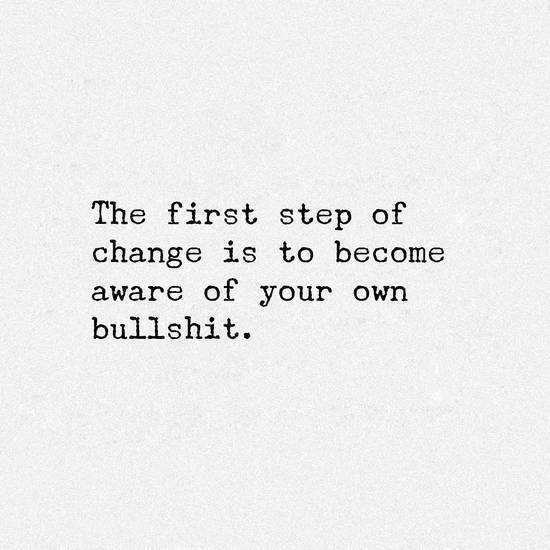
What Next?
I wanted to write this blog as a way to grow and heal. My plan was to show people the beauty of downtown Memphis and a part of me figured that if I’m out looking for the beauty in the grit that I might find that within myself, too. I’m getting there.
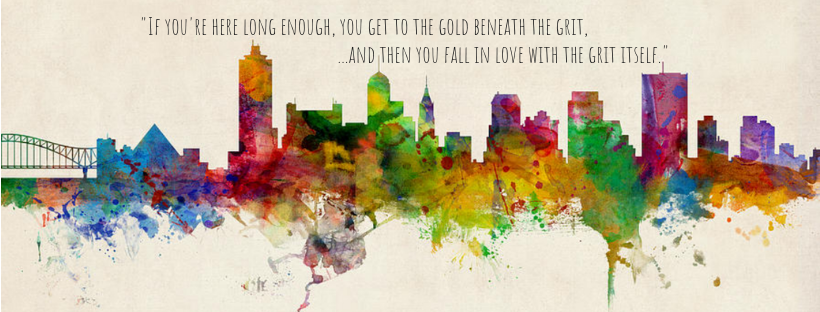
Therapy has been invaluable. Not even ashamed one bit to be going. I’ve worked programs, read like I was starving, and I’ve dug up things so painful and long forgotten that I sat in my floor and just cried until I couldn’t remember why I was crying.
But I have a chance at a new life. I’ve set my SMART goals and made my un-resolutions, and I’m hoping to come out the beautiful person I know is hiding underneath all this mess.
And maybe it’s a touch of the codependent talking, but I hope that he’s around for that beautiful woman and that I haven’t caused so much damage he’ll never be able to be with me like we talked about for so long. I kinda don’t feel like anyone else deserves the version of me that emerges on the other side of this.
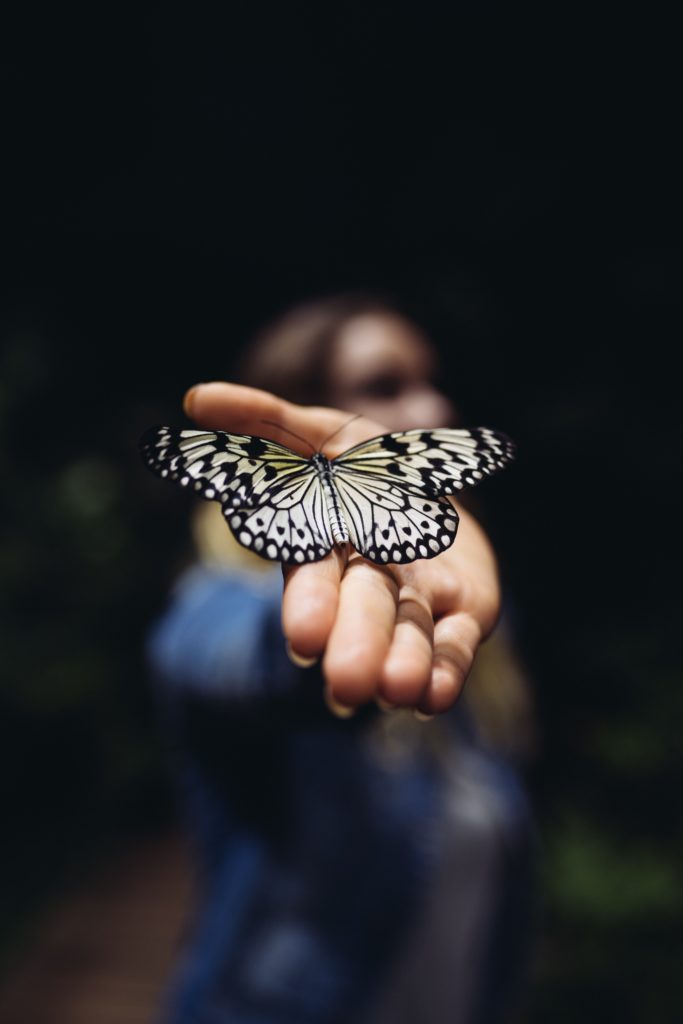
Disclaimer: I’m NOT a therapist or medical professional, and even if my experiences are similar to someone else’s, that doesn’t mean we’d have the same diagnosis. If you’d like to take a preliminary screening to see if you might fit the criteria of a love addict, you can visit the questionnaire from expert contributors at Psychology Today here. Additionally, if you think you might “qualify,” and I pray you don’t, please find a trusted professional to diagnose and work with you.


